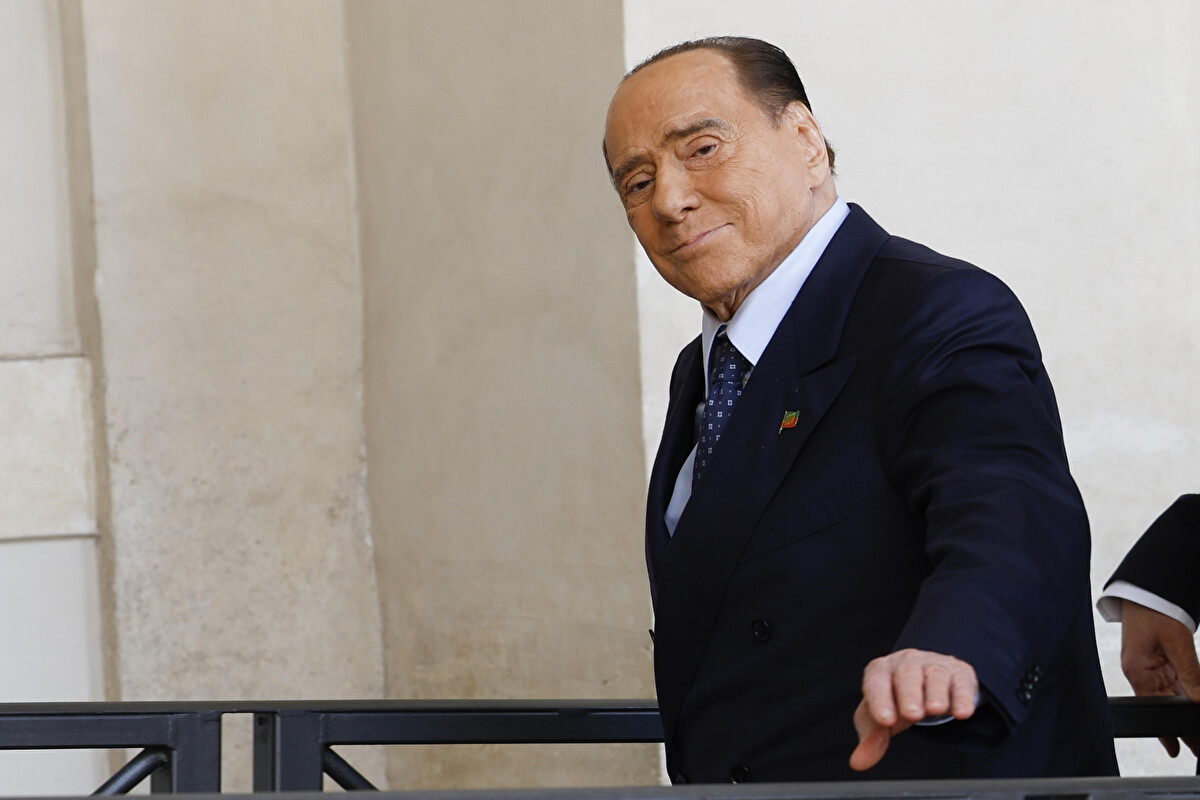On a quiet Saturday in August, a crowd gathered at a convention center in Hot Springs, Arkansas, their pockets lighter by anywhere between $145 and $475. They weren’t there for a typical political conference, nor even for the kind of celebrity-studded event that used to be the bread and butter of “George,” a politics-and-pop-culture magazine co-founded by John F. Kennedy Jr. in the late 1990s. What they were attending instead was a far more bizarre resurrection of the magazine—a new, QAnon-tinged version led by a conspiracy theorist deeply enmeshed in the far-right fringes.
This new incarnation of “George” retains the same name and slogan—”Not just politics as usual”—but its editorial vision has drastically shifted, The New York Times writes. Where the original publication placed political commentary alongside celebrity profiles of figures like Robert De Niro and Barbra Streisand, the new version gives the spotlight to far-right pundits like Scott McKay, a bodybuilder-turned-commentator who peddles antisemitic conspiracy theories, and Amanda Grace, a preacher who warns of demonic mermaids armed with advanced technology.
The magazine’s editor-in-chief is Gene Ho, a staunch Trump supporter and former campaign photographer, who now helms “George” with a mission that seems worlds away from JFK Jr.’s original vision. It’s a peculiar reanimation of the magazine, fueled by the fact that the original trademark for “George” had expired, allowing Thomas D. Foster, a little-known conservative lawyer, to swoop in and claim it. Foster, a fan of the late Kennedy, expressed a nostalgic connection to the magazine’s ethos. “I always was a fan of the magazine and the principles he was looking for—to bring people together who have different views,” he said.
Yet, the principles guiding this revival appear far from the unifying force that Foster suggests. The publication’s new content taps into conspiracy-laden currents, including QAnon, the sprawling movement that claims a cabal of satanic pedophiles controls global politics and the media. A bizarre offshoot of this theory, which has helped fuel the rebirth of “George”, alleges that JFK Jr. faked his death and will soon return to join forces with Donald Trump to battle this dark elite.
Even as theories stretch the limits of credulity, the new “George” magazine—like the broader QAnon movement—has found a devoted following. The magazine’s contributors, many of whom are far-right personalities trying to make their mark below the likes of Fox News, have leveraged social media to cross-promote their ideas and expand their reach. Figures like McKay and Grace have thousands of followers on platforms like Rumble and TikTok, extending their influence in ways that traditional media might find difficult to measure.
For many alumni of the original “George”, the bizarre new iteration is nothing short of sacrilege. Matt Berman, the founding creative director of the magazine, didn’t mince words when describing the revival: “It’s like taking a Chanel logo and slapping it on toilet paper or something.”
Yet, despite the ridicule, the magazine continues to attract attention, including an interview last year with Robert F. Kennedy Jr., the independent presidential candidate known for his own conspiracy theories. Kennedy praised the magazine’s new direction, claiming, “I know John would really like this,” an assertion that some see as yet another distortion of his late cousin’s legacy.











